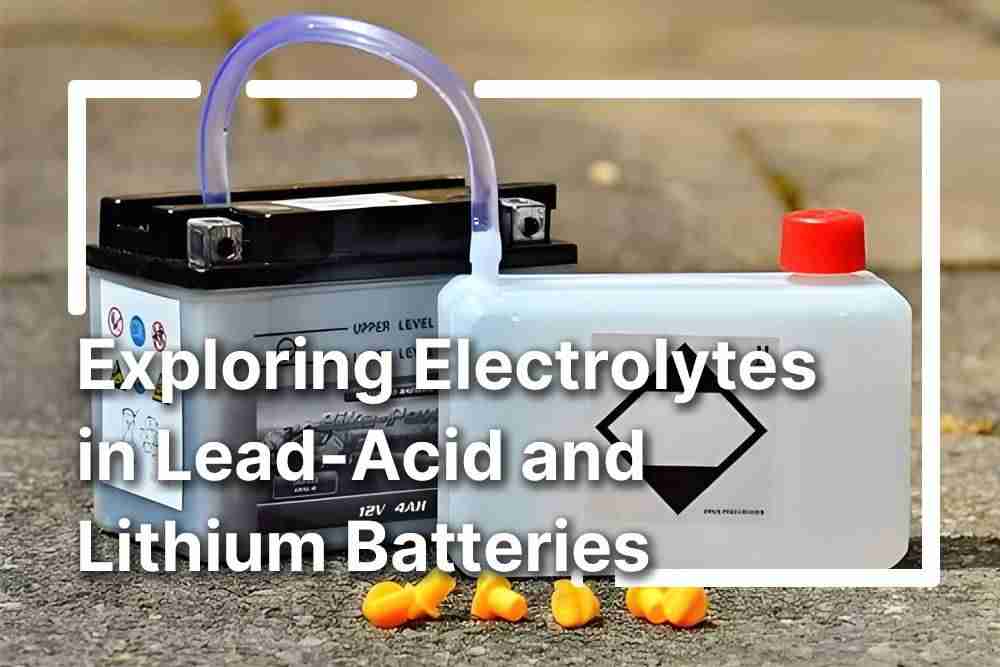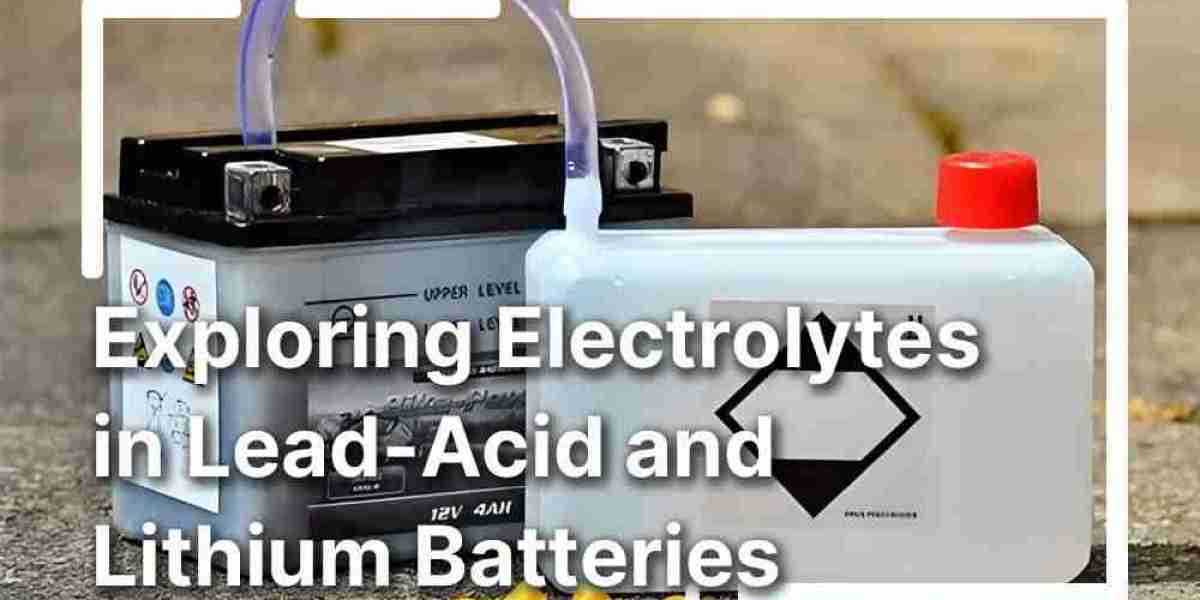Electrolytes play a crucial role in maintaining various bodily functions, from nerve impulses to muscle contractions. Understanding what electrolytes are, their functions, and how to maintain the right balance is essential for overall health and well-being.

Importance of Electrolytes in the Body
Electrolytes are minerals that carry an electric charge and are essential for various physiological processes. They help regulate nerve and muscle function, maintain fluid balance, and ensure proper pH levels in the body.
Electrolyte Balance
Maintaining the right balance of electrolytes is vital for overall health. Imbalances can lead to symptoms ranging from muscle cramps to heart palpitations.
Types of Electrolytes
Several key electrolytes play essential roles in the body's function:
Sodium
Sodium helps regulate blood pressure, maintain fluid balance, and support nerve and muscle function.
Potassium
Potassium is crucial for heart health, muscle function, and maintaining proper fluid balance.
Calcium
Calcium is necessary for bone health, muscle function, and nerve transmission.
Magnesium
Magnesium is involved in hundreds of biochemical reactions in the body, including energy production and muscle function.
Functions of Electrolytes
Electrolytes perform various vital functions in the body:
Nerve Function
Electrolytes help transmit nerve impulses, allowing communication between the brain and body.
Muscle Contraction
Electrolytes are essential for muscle contraction and relaxation, including the heart muscle.
Fluid Balance
Electrolytes help regulate fluid balance within cells and throughout the body.
pH Balance
Electrolytes help maintain the body's acid-base balance, ensuring proper pH levels for optimal function.
Electrolyte Imbalance
An imbalance in electrolyte levels can lead to various health issues:
Causes
Electrolyte imbalances can result from dehydration, certain medications, kidney problems, or underlying health conditions.
Symptoms
Symptoms of electrolyte imbalance may include muscle cramps, weakness, confusion, irregular heartbeat, or seizures.
Treatment
Treatment for electrolyte imbalance depends on the underlying cause but may include hydration, dietary changes, or medication.
Sources of Electrolytes
Electrolytes can be obtained from various sources:
Food Sources
Foods rich in electrolytes include fruits, vegetables, nuts, seeds, dairy products, and lean meats.
Electrolyte Supplements
Supplements are available to help replenish electrolytes, particularly after strenuous exercise or during illness.
Electrolytes and Exercise
Electrolytes play a crucial role in exercise performance and recovery:
Importance
During exercise, electrolytes are lost through sweat and need to be replenished to maintain proper function and prevent dehydration.
Replenishment Strategies
Drinking electrolyte-rich fluids or consuming electrolyte-containing foods can help replenish lost electrolytes during and after exercise.
Electrolyte Drinks: Are They Necessary?
Sports drinks are commonly marketed as electrolyte-replenishing beverages, but their necessity depends on individual needs:
Pros and Cons
While sports drinks can help replenish electrolytes during intense exercise, they may also contain added sugars and calories, making them unnecessary for some individuals.
Electrolytes and Hydration
Electrolytes play a crucial role in maintaining proper hydration levels:
Relationship
Electrolytes help the body absorb and retain fluids, contributing to overall hydration status.
Tips for Proper Hydration
Drinking water throughout the day and consuming electrolyte-rich foods can help maintain proper hydration levels.
Electrolytes and Health Conditions
Certain health conditions can affect electrolyte balance:
Hypertension
High sodium intake can contribute to high blood pressure in some individuals.
Kidney Disease
Kidney dysfunction can lead to electrolyte imbalances, requiring careful management of diet and fluid intake.
Heart Conditions
Electrolyte imbalances can affect heart rhythm and function, especially in individuals with existing heart conditions.
Electrolytes and Aging
As individuals age, electrolyte balance may become more critical:
Changes in Electrolyte Balance
Age-related changes in kidney function and medication use can affect electrolyte levels in older adults.
Importance for Older Adults
Maintaining proper electrolyte balance becomes increasingly important for older adults to support overall health and function.
Electrolyte Myths Debunked
Several myths surround electrolyte consumption:
Common Misconceptions
Myths include the belief that sports drinks are always necessary for hydration or that electrolyte supplements are beneficial for everyone.
Conclusion
Electrolytes are essential for numerous bodily functions, including nerve transmission, muscle contraction, and fluid balance. Maintaining the right balance of electrolytes through proper hydration and diet is crucial for overall health and well-being.
FAQs
What happens if you have too many electrolytes?
Having too many electrolytes can lead to symptoms like muscle weakness, irregular heartbeat, or even seizures.
Can you get electrolytes from fruits and vegetables?
Yes, many fruits and vegetables contain electrolytes like potassium and magnesium, making them excellent sources of these essential minerals.
Is it safe to take electrolyte supplements every day?
It's generally safe to take electrolyte supplements as directed, but it's essential to consult with a healthcare professional, especially if you have underlying health conditions.
How do I know if I need electrolyte replacement during exercise?
Signs of electrolyte depletion during exercise include muscle cramps, fatigue, or dizziness. Consuming electrolyte-rich fluids or foods during and after exercise can help replenish lost electrolytes.
Are sports drinks better than water for electrolyte replenishment?
While sports drinks can help replenish electrolytes during intense exercise, water is generally sufficient for hydration during moderate activity.



